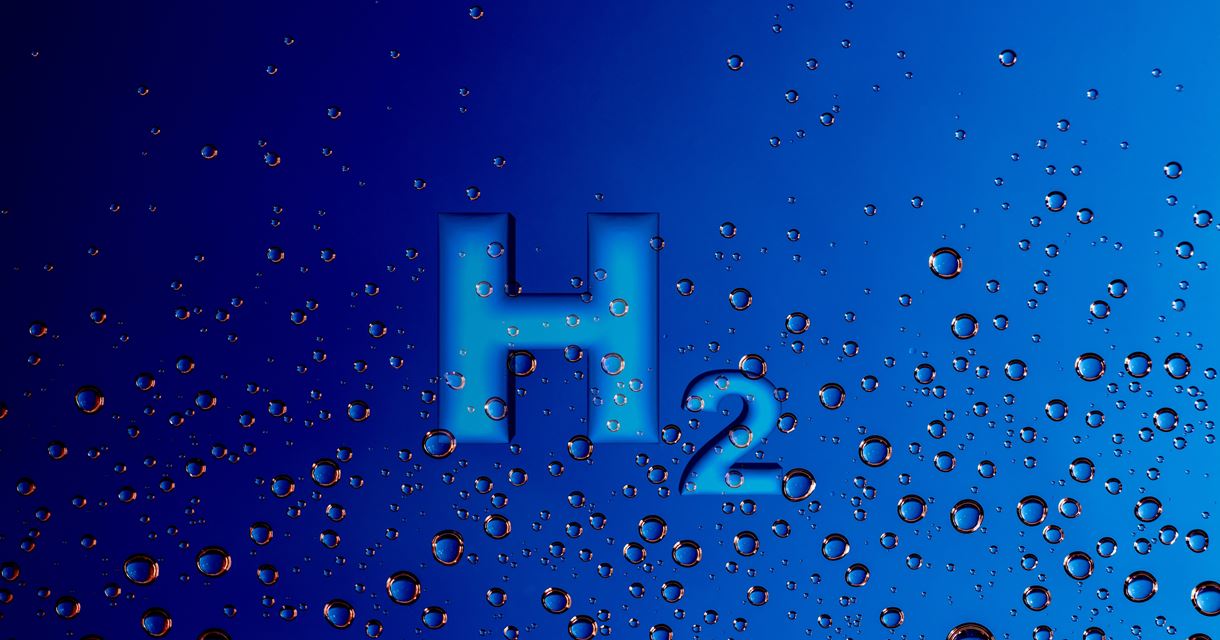Belgium – The Belgian Minister of Energy is set to launch a call next month to support the development of infrastructure for the import of hydrogen in Belgian ports. The H2 Import call subsidy program will provide €10 million to prepare the ports for large-scale hydrogen imports.
This initiative is part of Belgium’s broader strategy to become a major hub for renewable hydrogen import and transit. By 2026, Belgium plans to put 150 km of hydrogen pipelines into use and establish a hydrogen connection with Germany.
Belgium’s hydrogen strategy was adopted in 2021 and aims to create a favorable framework for the import, transit, and development of renewable hydrogen, as well as the strengthening of renewable hydrogen technologies in the country.
In July 2023, the Belgian parliament passed the country’s first hydrogen law, which regulates the transport of green hydrogen via pipelines. The Hydrogen Act also organizes the appointment of the network operator of the hydrogen transport network.
Ideal hydrogen hub
The development of hydrogen import infrastructure in Belgium has the potential to have a significant impact on the global hydrogen economy. Belgium’s strategic location at the heart of Europe makes it an ideal hub for importing hydrogen from other countries and distributing it to consumers across the continent.
The development of hydrogen import infrastructure in Belgium is also expected to have a positive impact on the Belgian economy. The creation of new jobs and the investment in new infrastructure will boost the country’s GDP and create new opportunities for businesses. The development of hydrogen import infrastructure in Belgium is a significant step forward for the global hydrogen economy.





